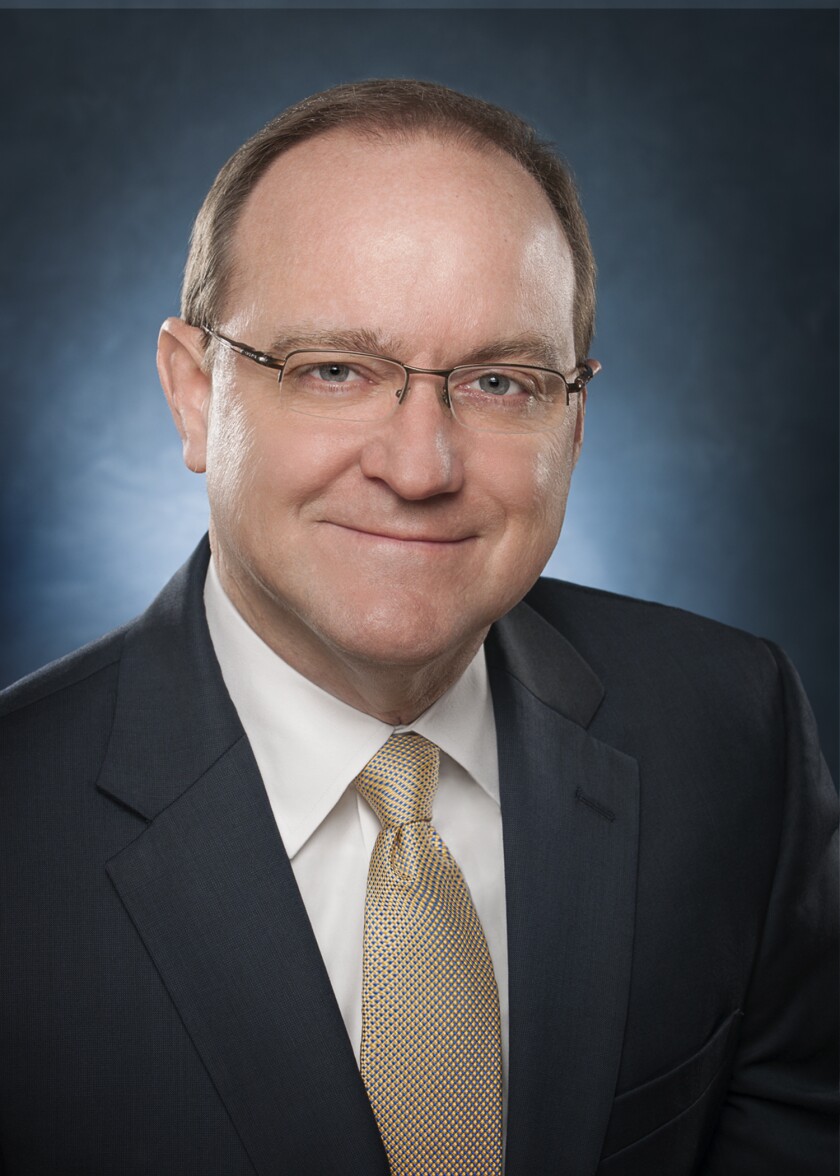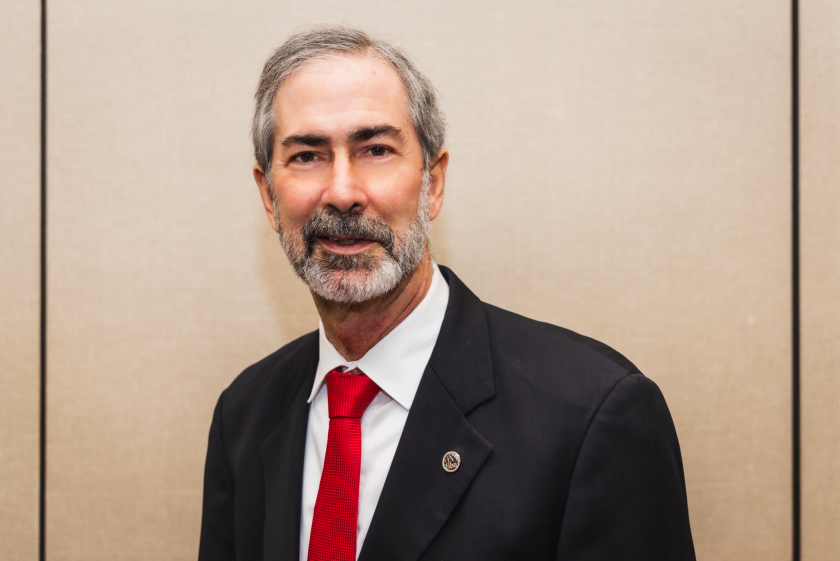A majority of middle-market CFOs are predicting an economic recovery and revenue increases for their companies in 2021, according to a new survey by BDO USA.
The 2021 BDO Middle Market CFO Outlook Survey, found that 60 percent of the 600 CFOs polled at midsized companies anticipate economic recovery, while 56 percent expect revenue increases, in 2021. In addition, 62 percent of the survey respondents anticipate their company will be thriving a year from now.
Nearly three-fourths of the middle-market CFOs said their companies received government assistance as a result of the crisis. Cost cutting and reorganization for resilience are the top priorities for many CFOs.
Koonce is the Chief Claims Officer, for Sedgwick. In this role, Koonce is responsible for product development and innovation, industry analysis and thought leadership, best practices and compliance standards, legislative and regulatory relationships, and continued involvement in client programs for Sedgwick's lines of business.
Prior to his current role, Koonce was the Managing Director responsible for Sedgwick's casualty retail business unit in which he oversaw program results and service execution across the company's retail customer base. This included use of innovation and technology to improve client outcomes and customer experience.
Prior to joining Sedgwick, Koonce was senior director of risk management for Walmart Stores, Inc., the nation's largest private sector employer. In this role, he managed the retailer's domestic property and casualty claims program. He simultaneously served as president of Claims Management, Inc., Walmart's wholly owned third party administrator.
David Schwartz is the president and CEO of the Financial International Business
Association, or FIBA, where he promotes growth and advancement in international
banking and finance through education, advocacy and networking. With extensive
experience in international banking and compliance, David has held leadership roles at
institutions like Regions Financial Corporation and Banque Sudameris. Fluent in
multiple languages, he holds a Juris Doctorate from New York Law School and a black
belt in Shuri-Ryu Karate. He also serves on various community boards and actively
contributes to educational and health organizations in South Florida.
Matt Gilbert is VP, employer brand strategy at Appcast, the leading recruitment marketing platform powered by programmatic. With nearly 20 years of industry experience in employer brand, EVP and recruitment marketing. Matt is a recognized thought leader, industry speaker, and innovator, having developed and activated over 350 employer brand programs since entering the field. He and his teams have earned numerous industry awards in employer branding and other B2C areas. Matt is a sought-after employer brand expert and has worked with numerous notable organizations in employer brand such as Expedia Group, Disney Cruise Line, PepsiCo, Nike, Tyson Foods, Carmax, Pfizer, Aramco, Lockheed Martin, HCA, Conagra, Gallo Winery, Hanes Brands, American Red Cross, the ASPCA, Condé Nast, Amtrak, JPMorganChase, PayPal and more.
The pandemic made an impact on nearly every company, and 39 percent of the CFOs polled indicate that the pandemic accelerated digital transformation at their companies, while 38 percent said it opened new expansion opportunities for products or services and 31 percent for new geographies.
“Unprecedented was the buzzword in 2020 for good reason,” said BDO USA CEO Wayne Berson in a statement. “Many middle-market companies persevered through levels of transformation and disruption in one year akin to what some companies experience in a full lifecycle. But rather than hunker down and endure, middle market leaders endeavor to move forward to refresh strategy and enhance agility. While we’re not out of the woods, the middle market is poised to pivot to new levels of potential.”
Deal flow was unsteady last year as CFOs assessed and reassessed the possible outcomes of the pandemic’s impact on their business. However, CFOs appear to be more optimistic this year, with 29 percent planning to seek private equity investment, 24 percent want a merger or acquisition and 20 percent hope to pursue an IPO.
While returning to the office or floor is critical for many CFOs, 43 percent of the respondents said they would increase or establish permanent remote work options. Office space is likely to be downsized, with 28 percent of the CFOs polled planning to eliminate or consolidate their current real estate footprint. CFOs also intend to build a more flexible workforce through automation (38 percent) and outsourcing (32 percent).
The main threats cited by the CFOs include a prolonged economic downturn, competitive pressure, supply chain disruption and falling behind on technology or innovation.
Coming out of an election year, tax challenges are also going to be important, with understanding total tax liability (19 percent) and navigating shifting trade and tariff policies (17 percent) among the top challenges cited by the CFOs. Managing disclosures and risk factors is also a top financial reporting challenge as the CFOs try to assess how to communicate impact of COVID-19 on matters that may be material to stakeholders.




